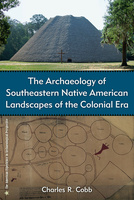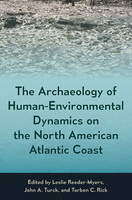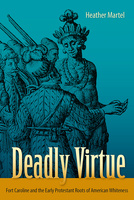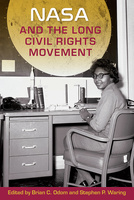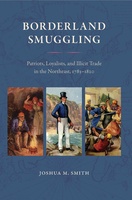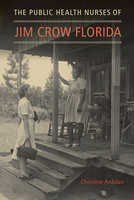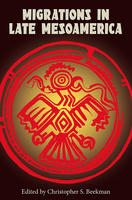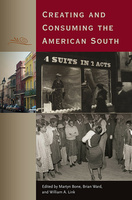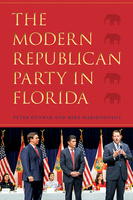The Archaeology of Southeastern Native American Landscapes of the Colonial Era
This volume describes the ways Native American populations accommodated and resisted the encroachment of European powers in southeastern North America from the arrival of Spaniards in the sixteenth century to the first decades of the American Republic. Tracing changes to the region’s natural, cultural, social, and political environments, Charles Cobb provides an unprecedented survey of the landscape histories of Indigenous groups across this critically important area and time period.
The Archaeology of Human-Environmental Dynamics on the North American Atlantic Coast
Deadly Virtue
Fort Caroline and the Early Protestant Roots of American Whiteness
NASA and the Long Civil Rights Movement
Borderland Smuggling
Patriots, Loyalists, and Illicit Trade in the Northeast, 1783-1820
The Liberal Consensus Reconsidered
American Politics and Society in the Postwar Era
Here, leading scholars—including Hodgson himself—confront the longstanding theory that a liberal consensus shaped the United States after World War II. The essays draw on fresh research to examine how the consensus related to key policy areas, how it was viewed by different factions and groups, what its limitations were, and why it fell apart in the late 1960s.
Migrations in Late Mesoamerica
Creating and Consuming the American South
The contributors emphasize how narratives and images of "the South" have real social, political, and economic ramifications, and that they register at various local, regional, national, and transnational scales.

